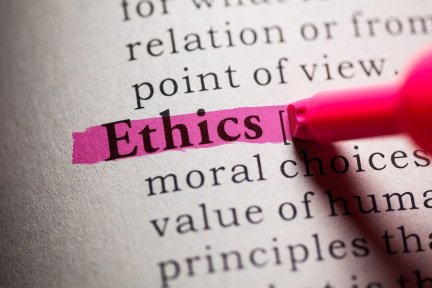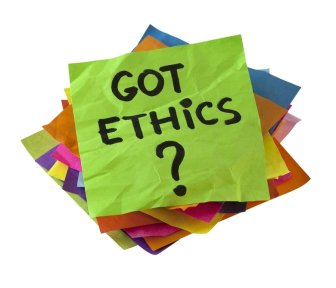Answer and Rationale on FREE Code of Ethics Privacy and Technology Question
Yesterday we began discussing the substantial revisions made to the NASW Code of Ethics. This was part one of a four part blog series reviewing these changes. We posed the following practice question to you, and today we have the answer and rationale!







